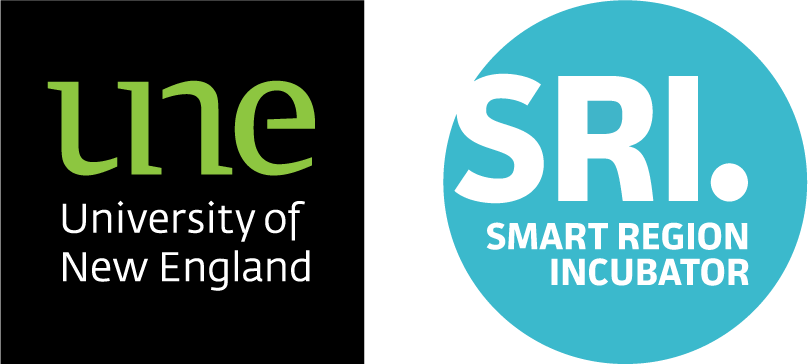Launching the future: Women in STEM Royal Society of NSW New England North West branch
The New England North West branch of the Royal Society of NSW was officially launched on Monday 25 November, celebrating the contributions of women in STEM and the transformative power of diversity in science. The event brought together researchers, innovators, and trailblazers from across the region to inspire collaboration and innovation.
A vision for the future
The evening was expertly MC’d by Professor Vicki Bitsika, whose warm and insightful hosting set the tone for an inspiring event. Dr Susan Pond AM, President of the Royal Society of NSW, officially launched the branch, sharing her vision for advancing innovation and creating opportunities for impactful collaboration in the region.
Following Dr. Pond’s address, a special video message from Her Excellency, the Honourable Margaret Beazley, Governor of NSW, underscored the importance of supporting women in STEM and fostering regional ingenuity. Her Excellency’s message resonated deeply, highlighting the vital role of diversity in driving global innovation.
Keynote Speakers: A Call to Action for STEM's Future
Two keynote speakers, Dr Amy Moss and Dr Marissa Betts, both recipients of the prestigious Tall Poppy Award, captivated the audience with their powerful and empowering messages.
Dr Amy Moss shared her journey of breaking barriers and following her passions despite challenges. She credited her mother’s unwavering encouragement for supporting her pursuit of educational opportunities. As Amy explained, she always loved science and animals, and it’s no surprise that’s where she ended up. Her story was a testament to resilience, persistence, and the transformative power of representation. Her message, “You can’t be it if you can’t see it,” underscored the importance of visible role models to inspire young women to achieve their dreams.
Dr Marissa Betts delivered a compelling argument for the urgent need to support Earth sciences in Australian universities. She underscored the critical role of Earth sciences in solving global challenges such as climate change, sustainable resource management, and understanding our planet’s history. “If we lose these courses, we lose the ability to tackle some of the Earth’s biggest challenges,” Dr. Betts warned, calling for sustained investment and advocacy to protect these essential fields. Her rallying cry was a reminder of the collective responsibility to nurture disciplines that help secure our planet’s future.
Panel discussion: Overcoming challenges and building resilience
The evening continued with a dynamic panel discussion moderated by Prof. Vicki Bitsika, featuring:
Dr. Amy Moss,
Dr. Marissa Betts,
Dr. Rebecca Williams, Lecturer in Neuroscience at UNE,
Kate Armstrong-Smith, founder of Othelia,
Jena Glover, architect at Epic Architecture.
The panellists shared their personal experiences overcoming challenges as women in STEM and the qualities that have shaped their success. Themes of curiosity, creativity, resilience, confidence, and humility were central to the discussion, highlighting how these attributes are essential in STEM and across all fields.
Leadership insights from UNE
Dr Sarah Pearson, Chancellor of UNE, delivered a thought-provoking address on unlocking the ingenuity of regional communities to tackle complex challenges like net zero, well-being, and climate adaptation. Her emphasis on women’s unique aptitude for navigating complexity and the importance of interdisciplinary collaboration left a lasting impression.
In closing the evening, UNE Vice-Chancellor Professor Chris Moran reinforced the university’s commitment to STEM education and research. He highlighted the university’s dedication to fostering innovation and creating inclusive spaces where regional voices can contribute to solving global challenges.
Driving regional and global impact
The launch underscored the transformative potential of regional insights and interdisciplinary collaboration in addressing global challenges. It was a call to action, inspiring attendees to champion diversity, embrace innovation, and work collectively toward a sustainable and equitable future.
Dr Sarah Pearson eloquently expressed, “How can we get the regional genius, with regional insights, to solve those challenges… and maybe even a new way to organize ourselves so we can live with a sense of humanity that we were born with?”
This event marked a celebration of achievement and the beginning of an exciting journey for the region, fostering collaboration, innovation, and representation in STEM.


